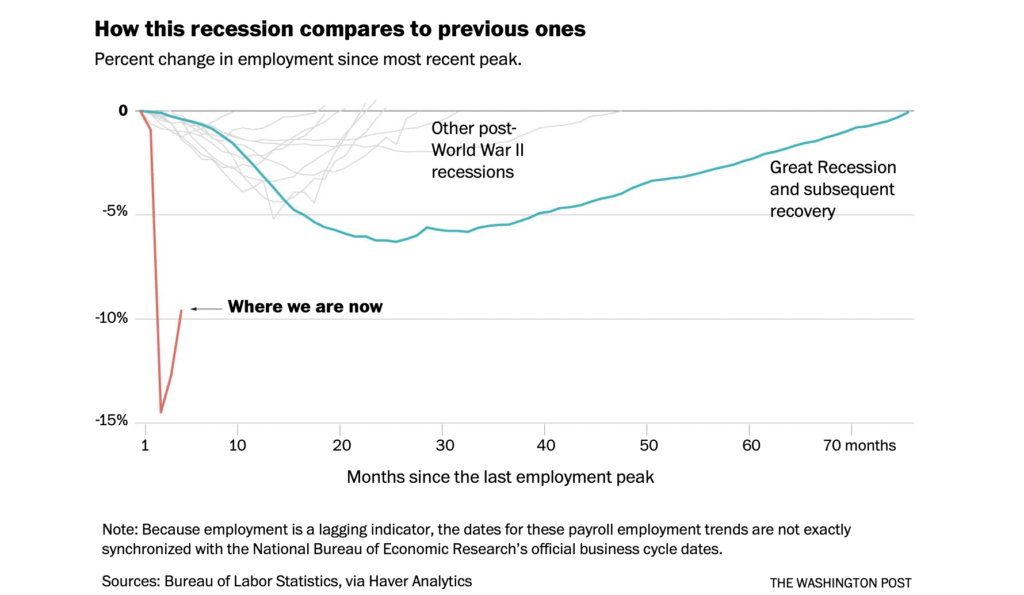Sunday in Whitewater will be partly sunny with a high of ninety-one. Sunrise is 5:23 AM and sunset 8:35 PM, for 15h 12m 24s of daytime. The moon is full with 99.9% of its visible disk illuminated.
On this day in 1775, the Second Continental Congress adopts the Olive Branch Petition.
Recommended for reading in full —
Mariana Atencio writes The America of Hamilton, not Trump, is the one I chose to become a citizen of this year:
My country of origin [Venezuela] was torn apart by corruption, division and lack of leadership. We cannot let that happen — let alone encourage it — here. You could say I come from the future and know what pandering and misleading tactics can do to a prosperous, democratic nation, like Venezuela used to be.
We don’t need a president who tosses paper towels and poses with a Bible, but one that provides precise information and solutions and promotes empathy. During my reporting trips, I’ve seen Trump be insensitive, like on his visit to Puerto Rico after Hurricane Maria, but I’ve also seen him be comforting, as he did in going to the Florida Panhandle after Hurricane Michael.
Now more than ever, we need that comfort — and a message of unity. That means not referring to COVID-19 as a “Chinese virus” or “kung flu,” since that term could encourage hate crimes against Asian Americans; surreptitiously enacting rules that will hurt refugees and immigrants; and calling protesters “thugs,” which literally means “ruffian” or “criminal” and is considered code for a racial slur.
Despite all of these actions and the crises this country is going through, I still decided to become an American because I know this nation is bigger than any of these ills. I am choosing to live under Trump, even though he’s so disparaging of immigrants, because we are more than four or eight years of turmoil. America is still very young!
Anne Applebaum writes Trump Is Turning America Into the ‘Sh-thole Country’ He Fears (‘The president’s mindless nationalism has come to this: Americans are not welcome in Europe or Mexico’):
more >>The numbers of American sick and dead are a source of wonder and marvel all over the world. They also inspire fear and anxiety. The European Union has decided to allow some foreigners to cross its borders now, but not Americans. Uruguayans and Rwandans can go to Italy and Spain, but not Americans. Moroccans and Tunisians can go to Germany and Greece, but not Americans. For the first time in living memory, Canada has kept its border closed with the United States. On July 3, the governor of the Mexican state of Sonora delivered the coup de grace: She announced the temporary closure of the border with Arizona and banned Americans from Sonoran beaches.
How will American nationalists cope with this new situation? I’m guessing many will pretend, like the president, that this isn’t happening: Months into the crisis, he has once again expressed the belief that the virus will magically “disappear.” But for some, it will be difficult to prevent the intrusion of reality: The stupid and pointless competition among nations continues in their heads—and they are losing. A major reckoning is coming. It can’t arrive too soon.



